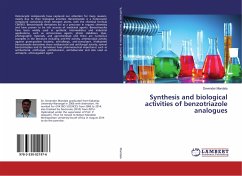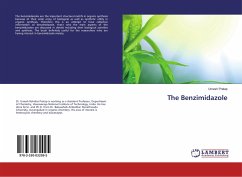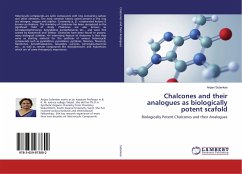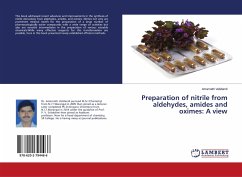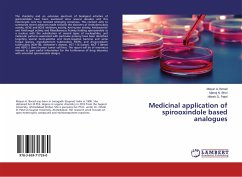The synthesis, antimicrobial evaluation, and molecular modeling studies of new urea, benzimidazole, and amide analogs refer to a research topic in medicinal chemistry. In this study, new compounds are synthesized by modifying existing urea, benzimidazole, and amide structures. The synthesized compounds are then evaluated for their antimicrobial activity, i.e., their ability to inhibit the growth of microorganisms such as bacteria or fungi.Molecular modeling is also used in this study to predict the binding of these compounds to target enzymes or receptors in microorganisms. This helps in designing and optimizing the structures of the compounds to increase their potency and selectivity toward specific microbial targets.Overall, this research aims to develop new antimicrobial agents that can effectively combat the growing problem of antimicrobial resistance, where microorganisms become resistant to existing antibiotics. The results of this study can potentially lead to the development of new drugs with improved efficacy and fewer side effects.
Bitte wählen Sie Ihr Anliegen aus.
Rechnungen
Retourenschein anfordern
Bestellstatus
Storno




